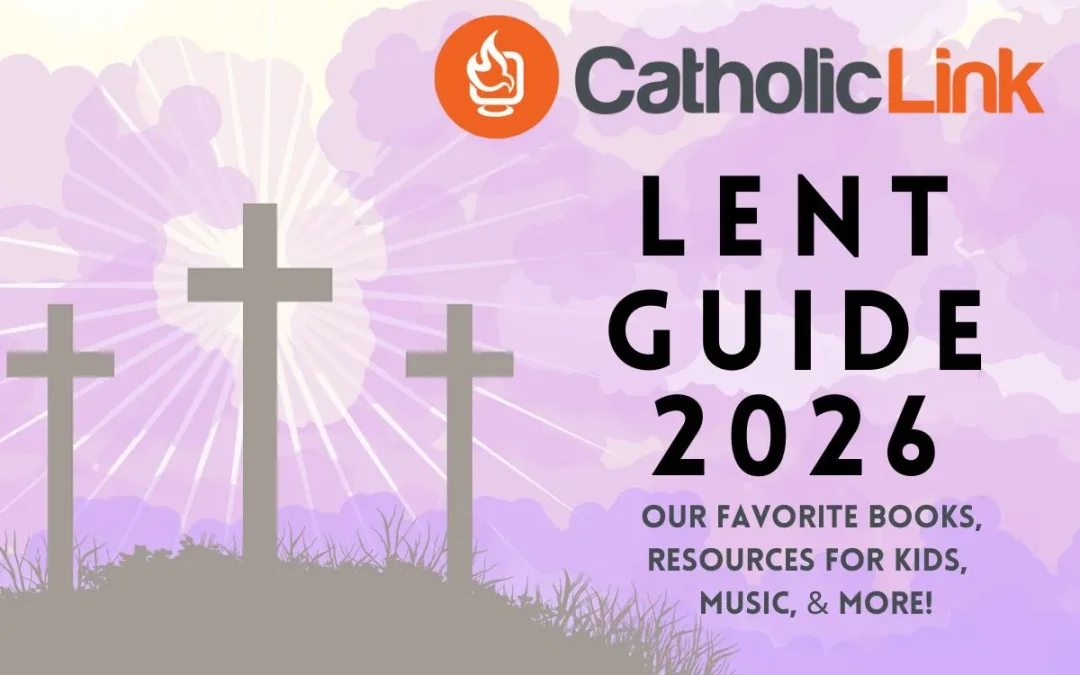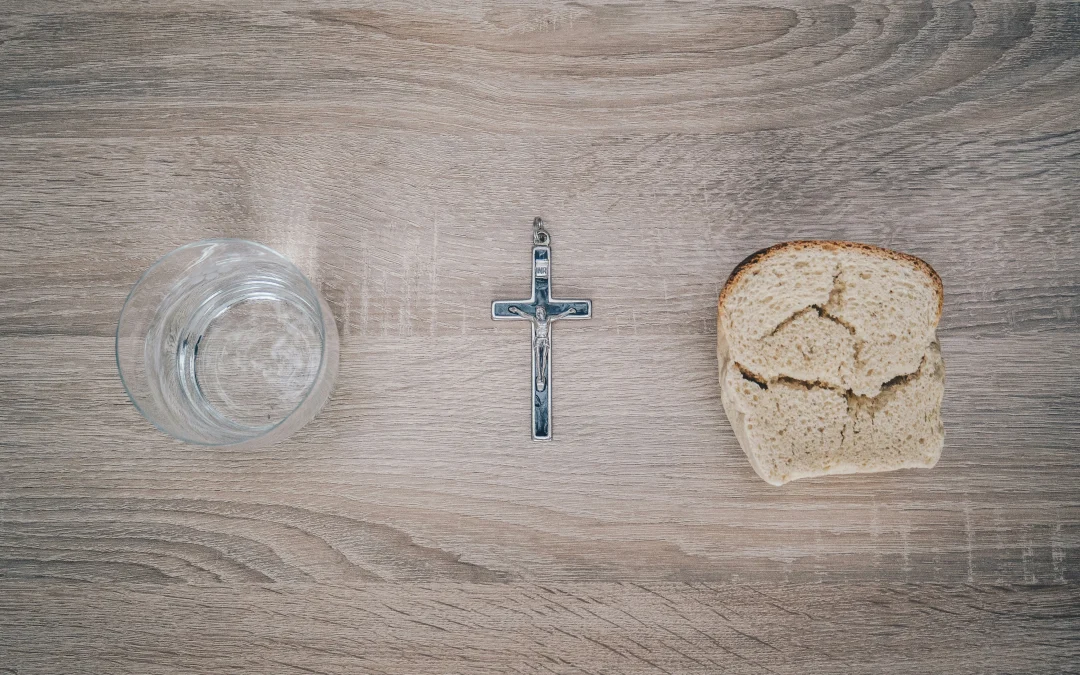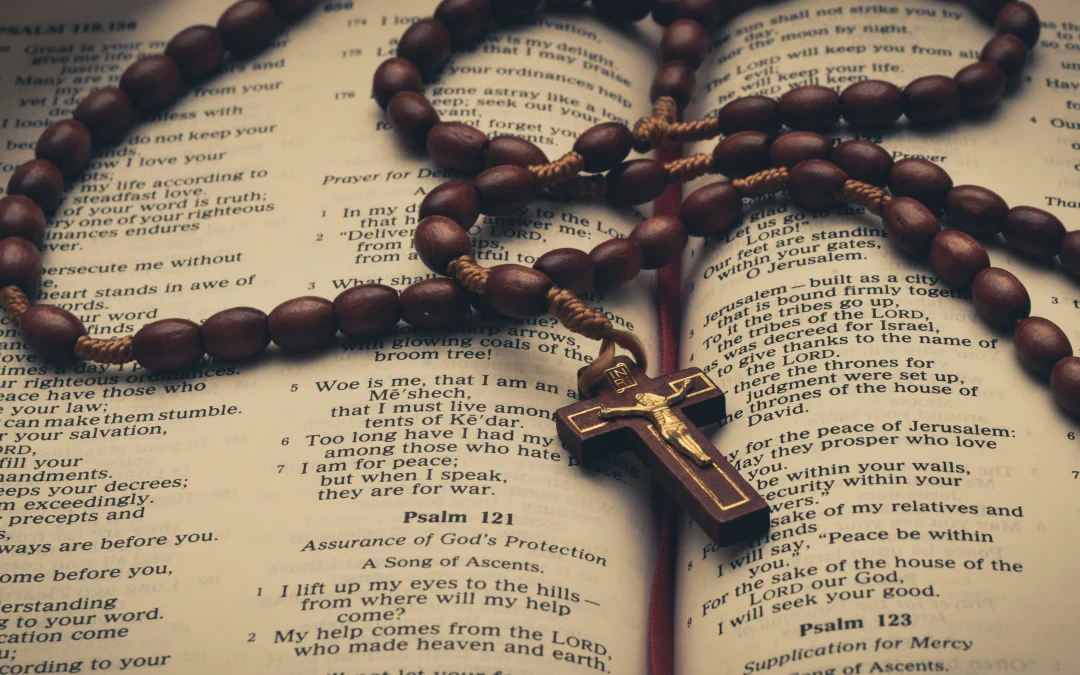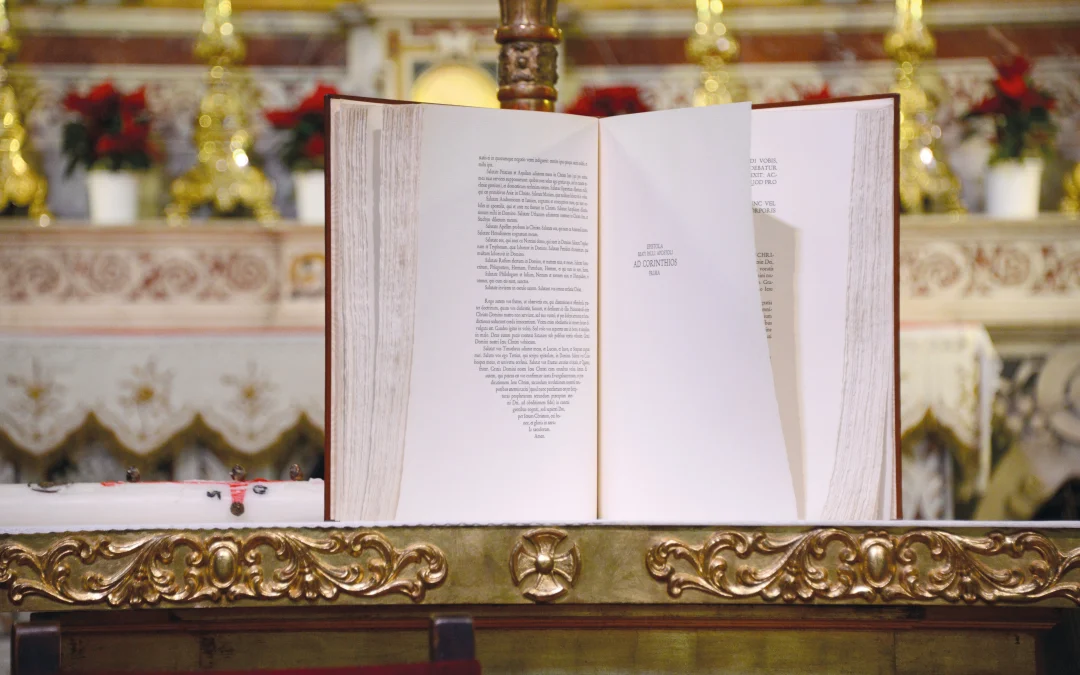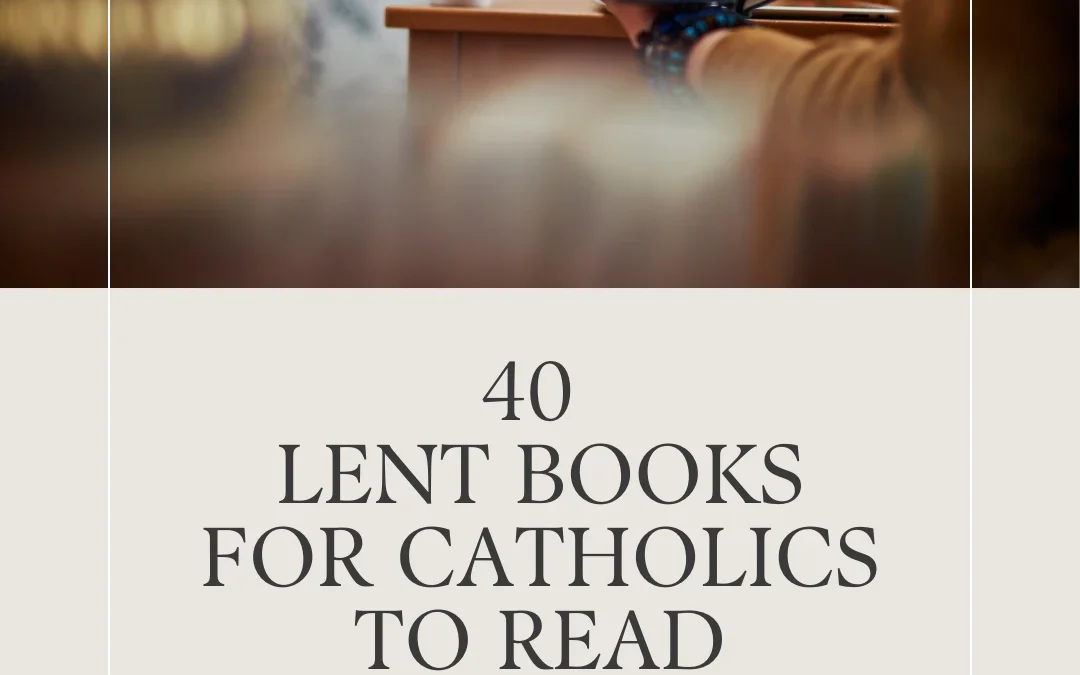Indulgences have been available in the Catholic Church throughout it’s history. Originally, a person who attained one brought about a partial remission of the temporal or worldly consequences that sin inflicts upon our lives. Receiving absolution and forgiveness during the Sacrament of Reconciliation, unfortunately, does not heal the wounds caused by sin. Consider, for example,the problem of addiction and the terrible consequences for the addict and their family members. Sometimes lives are ruined as a result of the collateral damage even if the addict seeks help. A successfully attained indulgence directly addresses such suffering, theologically speaking. It is a prayerful attempt at damage control.
Catholic teaching defines Purgatory as a purification process, which occurs after death, whereby God heals and restores us to a perfect state of grace. Assuming that we have failed to complete this transformation during life, as many undoubtedly do, we need God’s help. Although perseverance is essential in this life, we are always in need of divine assistance, as Jesus warned in Matthew 19:26. While perseverance is necessary in order to avoid both despair and presumption, as Catholics, we must remain conscious on a daily basis of our own inadequacy. We call on Jesus for help and, of course, mercy.
Indulgences, therefore, draw upon the Treasury of Merit, created by Jesus in His life, death and resurrection along with Mother Mary and the Communion of Saints. The infinite and divine mercy of Christ, depending upon our prayerful sincerity and detachment from sin, can be applied by God to the petitioners and others in need, both in this life and in purgatory. The completion of certain acts of prayer, pilgrimage and charity are the means by which we petition God through His Church in which He has entrusted the keys to His Kingdom.
Regretfully, the concept of indulgences was hijacked for sale by misguided clergymen even in Francis’s time, reaching a zenith in the early 1500s and fueling Luther’s revolt. Ultimately, their sale would be banned by Pope Pius V in 1587 at the Council of Trent as part of the Church’s Counter Reformation effort. To paraphrase GK Chesterton, the theology behind indulgences is sound, however, given the potential for abuse and misunderstanding,the Church and laity must always maintain a nuanced and balanced view of their role in the Sacramental System. St Francis himself, in his never ending effort to save souls, asked Jesus to allow them for our sake as a tool toward our ultimate salvation.
All indulgences were partial until the thirteenth century, offering only to reduce the worldly and purgatorial consequences of sin. They are intended to help heal the wounds caused by sin and mitigate time spent in purgatory. It was St Francis of Assisi who was responsible for the most sweeping and comprehensive indulgence in Church history.
St. Francis And The First Indulgence
According to legend, hermits erected The Little Chapel of the Portioncula during the reign of Pope Liberius(352-356 AD). The legend also says that the chapel passed into the hands of St Benedict of Nuria around 516 AD. It was named Our Lady of the Angels, either in reference to the Assumption of Mother Mary or perhaps due to the singing of angels allegedly heard there. The chapel was built on a small portion of land (“Portioncula”) owned by the order of St Benedict of Monte Subasio. Ultimately, the name of the land passed to the chapel, and it gradually fell into ruin over time.
St Francis was visiting the nearby Church of St Damiano when he experienced a vision during which Jesus commanded him to rebuild His church. Although this vision would have enormous ramifications for the entire Church, Francis quickly interpreted it as an order to physically restore the Portioncula Chapel, which he lived near and had grown to love.
He decided to live in the chapel while repairing it and, although the Benedictines wanted to give it to him, Francis insisted upon renting it for the price of a barrel of fish per year. This was his way of being faithful to his vow of poverty.
Francis restored the chapel and it became the center of his order. He had a great devotion to Our Lady and he believed the legends regarding angels visiting and singing in the Portioncula Chapel. He was very zealous in his endeavor to save human souls. One of Francis’ early followers was the future St. Clare of Assisi who took her vows at the chapel and founded the Order of the Poor Clares. The convergence of these two saints in a tiny chapel at the same time in history is truly remarkable, each having great influence on the medieval Church.
One night in 1216, Francis was praying in the chapel when suddenly a vision of Jesus and Mary appeared amidst a brilliant light. Our Lord acknowledged Francis’ devoutness and asked what he would want for the furtherance of the salvation of souls.
Although some question the truth of this story, one thing we know is that Francis soon appeared before Pope Honorius III and requested that he commission what became known as the Portioncula Indulgence, the first plenary indulgence in the history of the Roman Catholic Church.
All indulgences until this point had been partial in nature but a person gaining this new indulgence would attain a full remission of the effects of all temporal consequences of sin, both in life and in purgatory. If it could be attained, the rewards would be extraordinary. The Portioncula Indulgence can mitigate or eliminate time in purgatory for the petitioner or another or both. In essence, if a petitioner were to die after full attainment, assuming no further sin on their part, their soul would go directly to heaven.
The Pope was shocked by the sheer breadth of the request, but granted it after discerning that it was the will of God.
The Pardon of Assisi, as the Portioncula Indulgence has been called, was originally obtainable only at the Portioncula Chapel, but this was expanded by subsequent Popes, first to all Franciscan churches, and ultimately to all parish churches. It can be attained multiple times per day by the same person, unlike other indulgences. A person, successfully obtaining a full remission of all temporal effects of sin would be returned to a post baptismal state.His or her sincerity and prayerful intent would acquire this through the Treasury of Merit. As with any indulgence, performing the charitable and prayerful requirements are easier than attaining the separation from sin, both mortal and venial, that is required. The Church is the mechanism rightfully availing this process to Catholics with God as the final arbiter as with everything. He knows our hearts and minds and nothing escapes him, especially a strong effort. He knows our limitations.
How To Receive The Portioncula Indulgence
Indulgences don’t forgive sins, however, the Sacrament of Reconciliation is a requirement for their attainment. The Portioncula Indulgence can be attained by going to any parish church on August 2nd, the feast of the Portioncula. One would have to make a good and heartfelt confession within twenty days before and twenty days after that date and receive Holy Communion within that time limit. The person must, of course, intend to gain the indulgence and be detached from all sin, mortal venial. If one retains any sin at all, the indulgence is partial only and not plenary.
While in the church, he or she must pray one Our Father, one Apostle’s Creed, and one other prayer of choice. Prayer for the Holy Father must also be offered. Generally, another Our Father and Hail Mary will suffice, although other prayers can be offered instead or additionally. A certain amount of discretion is permitted.
This particular indulgence, made possible by perhaps our greatest saint, is a reminder of our spiritual communion with Jesus and the saints, both known and unknown, who have created the Treasure of Merit, the vast accumulation of God’s grace which is accessible to us for our benefit and that of all souls in purgatory. These souls can no longer proactively heal themselves but rather are dependent upon God and the prayers of the living. By engaging with Jesus we can participate in the salvation of souls, a very worthy and Catholic endeavor.
Image: https://itoldya420.getarchive.net/amp/media/saint-francis-preaches-to-the-animals-17fdf4

